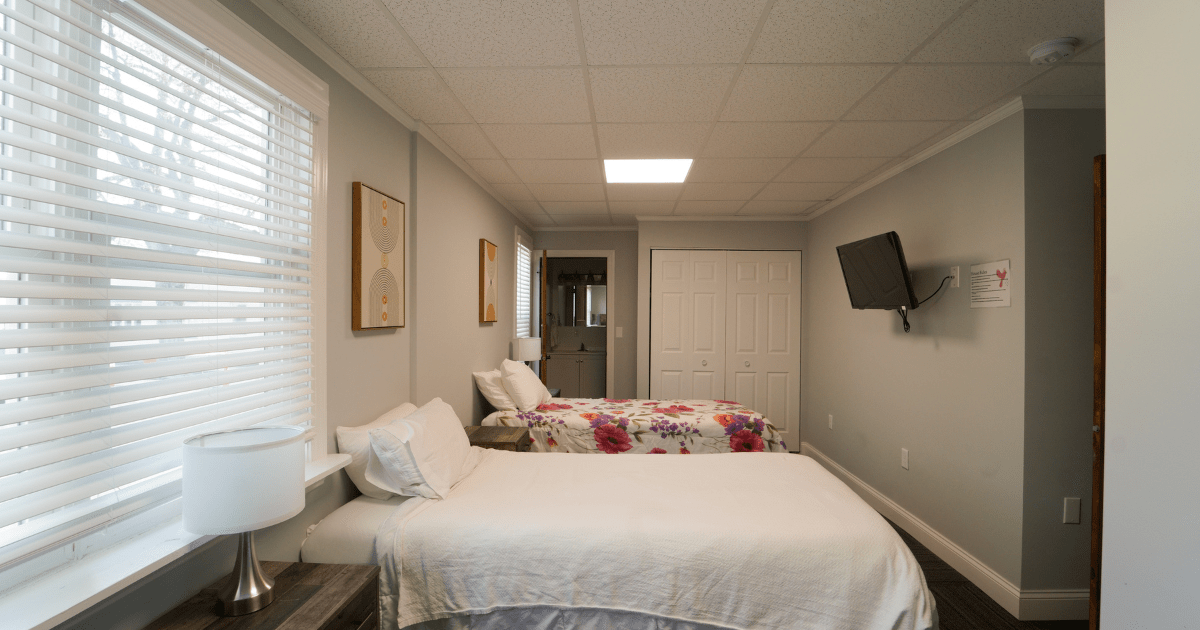
CEO James Witteck becomes NAATP Board Member 2024
February 15, 2024
The Silent Connection: How Poor Mental Health Takes a Toll on Your Physical Well-being
March 15, 2024Welcome to our comprehensive guide on mental health residential treatment. In a world that often overlooks the importance of mental well-being, it's crucial to shed light on this vital aspect of healthcare.
Introduction to Mental Health Residential Treatment
Mental health residential treatment is a specialized form of therapy that provides individuals with intensive, round-the-clock care for their mental health issues. This type of treatment involves living in a structured and supportive environment, away from the stressors and triggers of everyday life.
The goal of mental health residential treatment is to provide individuals with the tools and skills necessary to manage their symptoms, improve their overall well-being, and prevent future relapses. It is often recommended for individuals who have severe or persistent mental health conditions that have not significantly improved with outpatient therapy alone.
Components of Mental Health Residential Treatment
-
Multidisciplinary Approach
One of the most significant benefits of mental health residential treatment is its multidisciplinary approach. This means that individuals receive care from a team of professionals who specialize in different areas such as psychiatry, psychology, nursing, social work, and occupational therapy.
This diverse team works together to develop an individualized treatment plan that addresses all aspects of an individual's mental health needs. The comprehensive approach ensures that all aspects contributing to an individual's condition are addressed rather than just treating symptoms.
-
24/7 Support
Another crucial aspect of mental health residential treatment is the 24/7 support provided by trained staff members. Unlike other forms of therapy where sessions may be limited to certain hours or days per week, residential treatment offers round-the-clock care.
This level of support is particularly beneficial for individuals who may struggle with severe symptoms or need immediate assistance during a crisis. The constant availability of staff members also creates a safe and secure environment for individuals to work on their mental health.
-
Structured Environment
The structured environment of residential treatment is designed to promote stability, routine, and healthy habits. This includes set meal times, scheduled therapy sessions, recreational activities, and daily responsibilities.
The structure helps individuals develop healthy routines and promotes accountability and responsibility in managing their mental health. It also provides a sense of predictability, which can be reassuring for those struggling with anxiety or other conditions that may make it difficult to adapt to changes in routine.
-
Evidence-Based Therapies
Mental health residential treatment programs use evidence-based therapies to address the specific needs of each individual. These therapies may include cognitive-behavioral therapy (CBT), dialectical behavior therapy (DBT), psychodynamic therapy, and others.
Individuals also have access to group therapy sessions where they can connect with others who are facing similar challenges. These therapeutic approaches are tailored to the individual's diagnosis and help them develop coping strategies and emotional regulation skills necessary for managing their condition.
-
Aftercare Planning
Mental health residential treatment programs also focus on preparing individuals for life after treatment by creating a comprehensive aftercare plan. This may include continued therapy, medication management, support groups, and other resources to help individuals maintain their progress and prevent relapse.
Differences Between Mental Health Residential Treatment and Other Forms of Therapy
While all forms of therapy aim to improve an individual's mental health, there are several key differences between residential treatment and other forms of therapy.
-
Intensity of Care
Residential treatment provides the most intensive level of care compared to other forms of therapy such as outpatient or partial hospitalization programs. It offers 24/7 support and a structured environment that is not available in other types of therapy.
-
Duration of Treatment
The length of stay in residential treatment varies depending on the individual's needs, but it typically ranges from a few weeks to several months. In contrast, outpatient therapy may last for several months or even years. Every person’s treatment journey is different and it’s important to understand that the length of stay depends on the medical diagnosis, treatment protocol, individual assessment and medical criteria.
-
Level of Support
In addition to the multidisciplinary team providing round-the-clock support, individuals in residential treatment also have peer support from others going through similar experiences. This level of support is not always available in outpatient therapy.
Contact First City Mental Health Center today if you or someone you know needs assistance in overcoming drug and alcohol and/or mental health challenges. 877-595-3330






